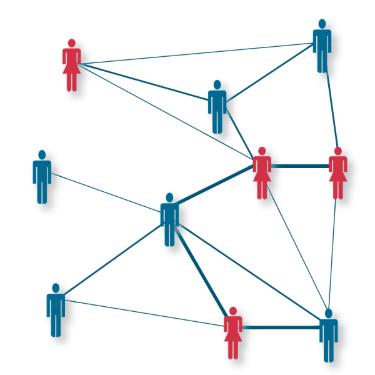Chapter 3: Organiztional Commitment
1/12
Earn XP
Description and Tags
OB Week 2
Name | Mastery | Learn | Test | Matching | Spaced |
|---|
No study sessions yet.
13 Terms
What is organizational commitment?
The desire to stay in the organizational (predict who stay/leave)
low commitment engage in withdrawal
How is commitment & withdrawal related?
They have a negative relationship
with high commitment, there’s low withdrawal
What is 1. affective commitment?
Emotionally based
the desire & want to stay
you associate with the values & goals of the company
What is 2. continuance commitment?
A cost based reason to stay in the organization
stay because they have to (cost of living is too high in the other city)
What is 3. normative commitment?
Staying in the company out of obligation
feels like the right thing to do
company invested a lot of time/money in you
guilty if left the company
What is the erosion model/social network
The theory that those with fewer bonds are more likely to leave the company

What is the social influence model?
Theory that those with links to “leavers” (people who leave the company) are more likely to leave too
What are the 2 reactions to negative events?
Voice - active, constructive response to improve the situation
Loyalty - passive response (put head down and continue to work & hope it improves)
What are the 2 forms of withdrawal?
Exit - active, destructive response
Neglect - passive, destructive response
What are the characteristics of psychological withdrawal?
daydreaming
socializing
looking busy
cyberloafing
moonlighting
What are the characteristics of physical withdrawal?
tardiness
missing meetings
quitting
long breaks
absenteeism
What are the 3 models of withdrawal?
Independent forms - no relationship between psychological & physical withdrawal
Compensatory forms - negative relationship withdrawal (engaging in some leads to less)
Progression - positive relationship with withdrawal (engaging in some leads to more)
What are trends impacting commitment?
Changing demographics (diversity)
Changing employee-employer relationships
Transactional (narrow & monetary based)
Relational (broad & open-ended)